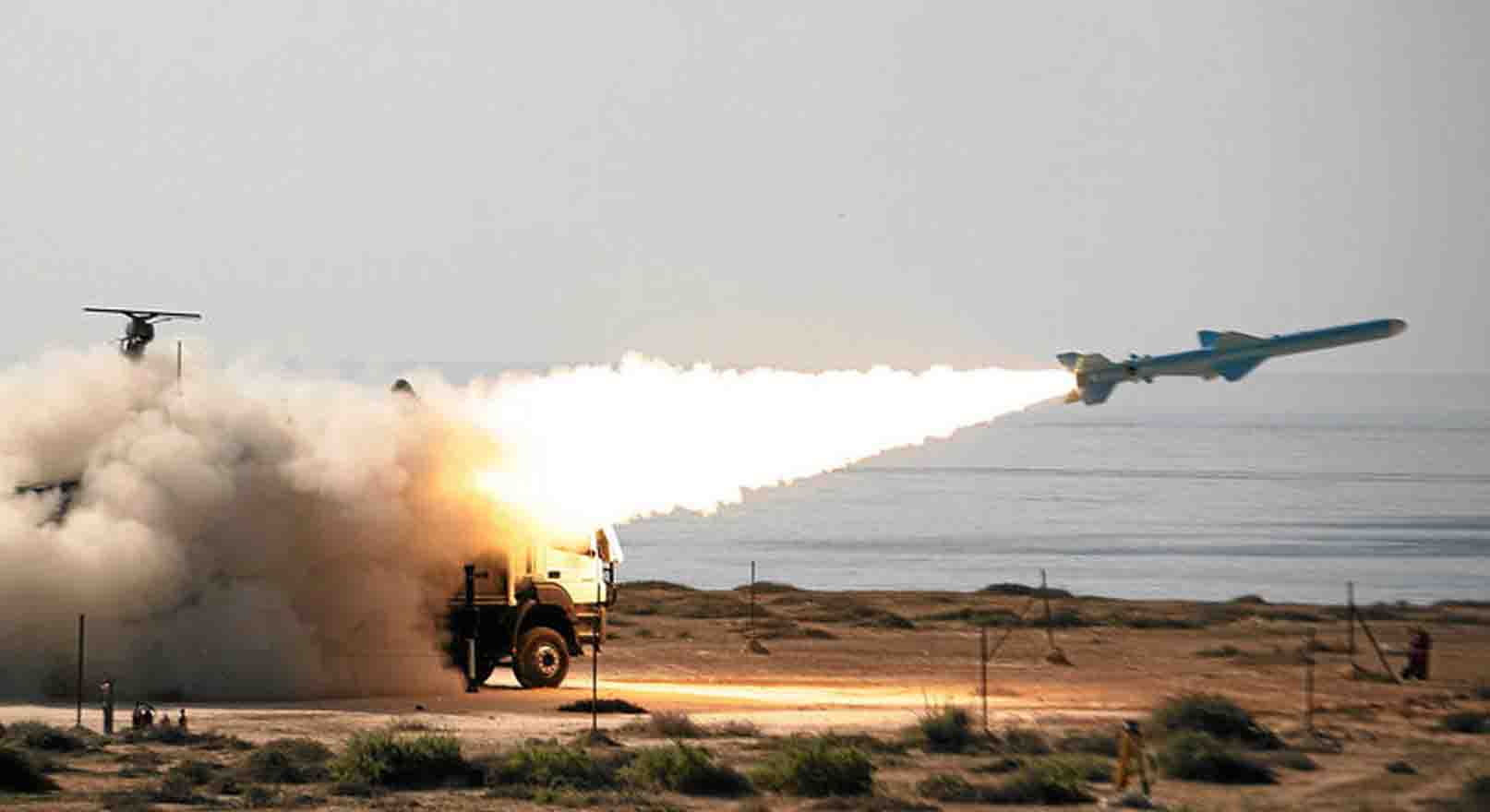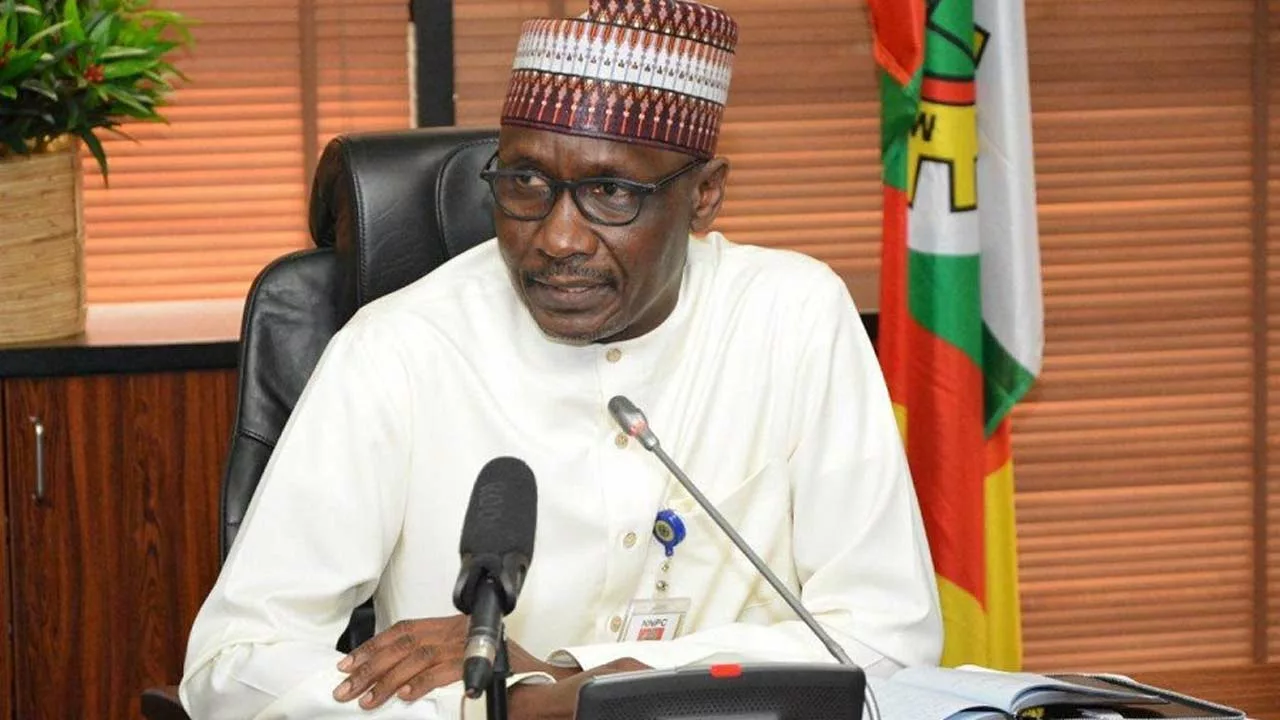The Saudi-led coalition battling Yemen's Houthi rebels says it has intercepted a missile over Riyadh.
The Houthis' Al Masirah TV reported that a Burkan H2 ballistic missile had targeted a meeting at the al-Yamama Palace in the Saudi capital.
Witnesses said they heard an explosion and posted pictures online showing a cloud of smoke in the air. There were no reports of any damage or casualties.
The coalition accused Iran of supplying the Houthis with the missile.
Iran has denied arming the rebels, who have been fighting a war against Yemen's government and the Saudi-led coalition since March 2015.
A report on Al Masirah's website cited the Houthis' Missile Forces as announcing the launch of a Burkan H2 missile on Tuesday "in response to the heinous crimes committed by the US-Saudi aggression against the people of Yemen".
The missile had targeted a "meeting of the leadership of the Saudi regime in al-Yamama Palace in Riyadh", during which Crown Prince Mohammed bin Salman was expected to discuss the kingdom's annual budget, Al Masirah said.
The palace is the main headquarters of the king's office and the royal court.
Minutes later, Saudi state-run Al Ikhbariya TV reported that a missile had been intercepted south of the capital.
One video posted by a man who said he was in the Olaya district shows a white cloud above the city. The sound of an explosion can then be heard.
It was intercepted by a Patriot missile south of the city, he added.
Col Maliki said the attack proved the "continued involvement of the Iranian regime in supporting the Houthi armed group with qualitative capabilities in clear and blatant defiance" of two UN Security Council resolutions with the aim of threatening regional and international security.
Zambia's new Chinese police officers removed after outcry
Zambia's police force has scrapped plans to employ eight Chinese nationals barely 24 hours after it unveiled the scheme, following a public outcry.
The new reservists were commissioned in the capital, Lusaka, on Monday.
But the decision prompted widespread anger, especially in light of a ruling taken earlier this year that bans police officers from marrying foreigners for "security reasons".
Not even Zambians with dual-nationality are allowed to join the police.
Dickson Jere, a lawyer and former presidential spokesman, said the constitution was clear on the matter.
He told the BBC's Focus on Africa radio programme that the entire incident was an "insult" - to others in the police, but also other Zambians.
"When we see a uniform of the police, it signifies our identity. It signifies our sovereignty," Mr Jere said. "How would we be feeling to see a police officer and be saluting a Chinese [national] in our own country?"
The appointment of the Chinese reservists had left many other people scratching their heads particularly as the government had previously removed other nationals from the security services, journalist Kennedy Gondwe reports from Lusaka.
That move had been prompted because there was a feeling that foreigners were infiltrating, he says
Suspicions over the recent recruitment were bolstered by distrust towards the Chinese community in Zambia, which was estimated to number about 20,000 in 2015, according to the privately owned Lusaka Times.
But the part-time officers are not thought to be have been going to perform any special role liaising with Zambia's Chinese community.
Police spokeswoman Esther Mwata-Katongo had said they would just assist regular officers.
"We had Indians who were police reserves and people were OK with it. Why should the Chinese be discriminated on race?" the Lusaka Times quoted her as saying.
But the police have since backed down from their position - with the caveat the officers' appointment broke no laws.




















